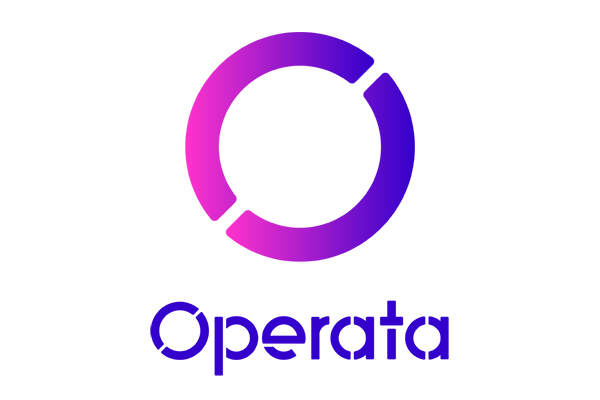Dive Brief:
- Seven in ten consumers would pay more for products if they know the company provides exceptional service, according to a Decagon survey of more than 2,000 consumers released Wednesday.
- On the flip side, customers will spend less with a company known for bad experiences. Nearly three in five consumers say they will stop buying from a brand altogether after just one bad experience.
- “The fact that 70% of customers are willing to pay more for exceptional support shows that service has become as important as the product itself,” Jesse Zhang, co-founder and CEO of Decagon, told CX Dive via email. “While customer service was once considered a cost center, it’s now a clear driver of loyalty, retention and even revenue growth.”
Dive Insight:
It’s no secret that poor customer experience hurts a business’ bottom line.
Last year, Qualtrics XM Institute found that just over half of bad experiences lead to consumers cutting spending with a company, while a Zingly.ai and Dynata survey found that nearly two-thirds of consumers say they’ll switch brands after one bad service experience.
But when it comes to providing excellent service — service that consumers would pay more for — generational differences come into play.
Younger consumers tend to seek self-service solutions, whereas their older counterparts tend to prefer human support. Decagon found that consumers aged 18 to 44 are about twice as likely as those aged 45 and above to prefer AI over humans for most customer support issues.
Younger generations view 24/7 availability, speed and ease of use as the top benefits of AI, Decagon found. But consumers of all generations list knowledgeable, accurate answers as the most important factor of AI customer service, highlighting the need for businesses to invest in their knowledge base.
“It’s clear that while customers care about every aspect of service, accuracy is non-negotiable when it comes to AI,” Zhang said. “For businesses, that means grounding AI agents in reliable information and putting rigorous testing and guardrails in place to minimize hallucinations. Without that foundation of trust, even the best-designed AI experience will fall short.”
Customers of all ages still want the option to talk to a human — especially for sensitive or complex issues. A majority of consumers prefer phone support, a Five9 survey found this spring. That share rises to three-quarters when it comes to complex or urgent matters.
Making a human available can also just ease customers’ AI concerns. The Five9 survey, for example, found nearly three-quarters of consumers are open to using AI-powered chatbots if they can still speak with a human when needed.
Bank of America’s Erica chatbot is a case in point. The bank has encouraged customers to use Erica through the chatbot’s accurate, fast responses and its role in directing consumers to a human when needed or requested, experts told CX Dive.
“There’s no single silver bullet in customer support,” Zhang said. “While accuracy is the non-negotiable, foundation, speed, personalization, empathy, and round-the-clock availability all play decisive roles in whether customers feel valued and stay loyal.”














